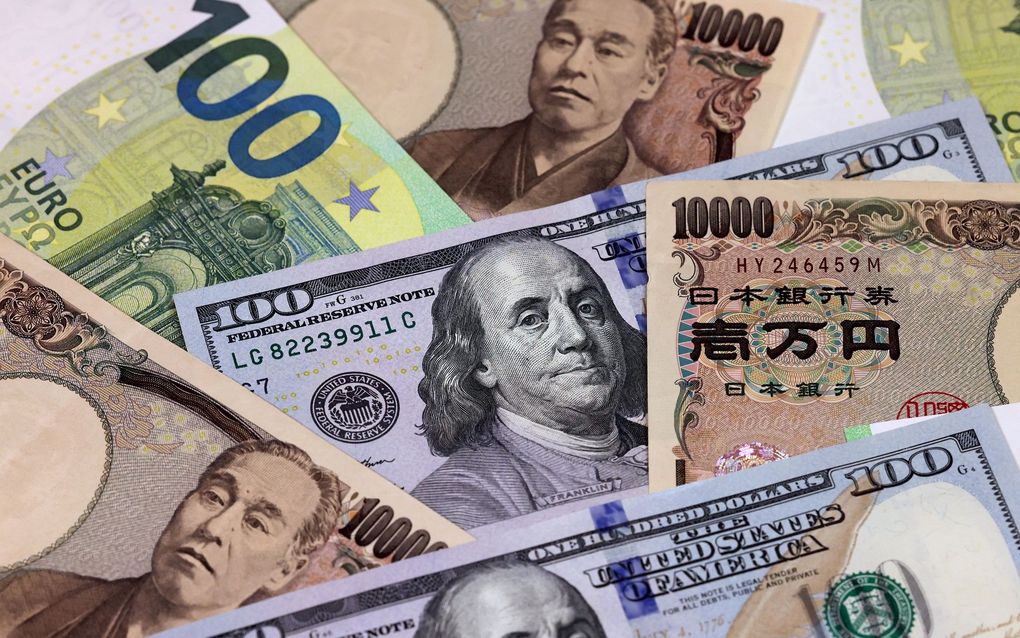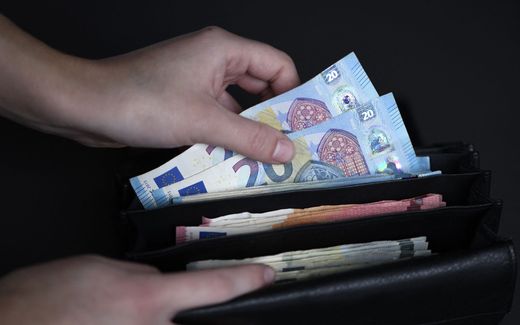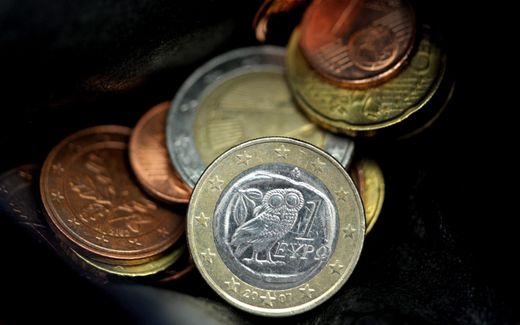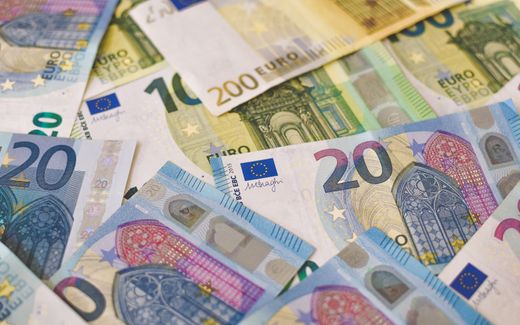Only 24 Norwegian religious organisations received foreign money

Photo AFP, Behrouz Mehri
Northern Europe
Out of the almost 700 religious communities in Norway, only 24 indicated that they received more than 50,000 NOK (about 5000 euros) from abroad last year. A compilation of the State shows that. Therefore, the Cooperative Council for Faith and Beliefs is not worried about the interference of authoritarian states.
Clearly, financial support to religious communities, even from totalitarian states, is not problematic, Ingrid Rosendorf Joys says to Vart Land. She is the secretary general of the Cooperative Council for Faith and Beliefs.
Last year, the Norwegian government attempted to get a better grip on foreign grants to religious communities. It introduced a law that makes it mandatory for religious communities to register whether they have received more than 50,000 NOK in gifts from abroad if they also applied for grants from the Norwegian government.
According to statistics, Vart Land was able to verify, only 24 religious communities acknowledged that they had received more than 50,000 NOK. In total, there are 696 religious communities in the country. Of the organisations that answered confirmative, twelve are Christian, eight are Muslim, one is Jewish, and one is Buddhist. Furthermore, Jehovah's Witnesses and Nordic Paganists also indicated that they received money from abroad. The Albanian cultural and religious community and the Muslim cultural centre in Risør claimed to be placed on the list by mistake.
According to Ingrid Rosendorf Joys, many grants are easy to explain. "You can easily guess where the money comes from. For example, it is reasonable to believe that the Icelandic Church receives money from Iceland. It is not exactly a country that you need to worry about interfering in Norway's internal affairs", she says to Vart Land.
Violating human rights
Religious communities that receive foreign grants may lose their state support. This happens when the money comes from states known for violating human rights. "It is a clear message that you do not want funding for religious communities from authoritarian states, which many of our religious communities expressed understanding for", the secretary general notes. She adds that there are probably few religious communities that are affected by that section of the law.
Joys maintains that there is a contradiction in the regulation. "I think it is paradoxical that Norway trades with countries such as Saudi Arabia, while communities of faith should not be able to receive large sums of money from such nations." Furthermore, she is sceptical that the regulation reads that communities are not allowed to accept contributions from states that do not respect freedom of belief. "That leaves the space to receive contributions from private individuals in totalitarian states", she says to Vart Land.
Lose subsidies
At the time, the Progressive Party was the driving force behind the new grant law. MP Himanshu Gulati explains to Vart Land that he finds the issue important because he "can see absolutely no reason why authoritarian states should be allowed to sponsor Norwegian religious communities or have any influence in whatsoever on Norwegian religious life when they do not respect freedom of religion and belief."
Gulati is convinced that when the government finds out that religious communities receive money from totalitarian states, they will lose state subsidies. "There was a general understanding from all parties that this should be practised strictly, and we also expect it to do so."
What is the Act on faith and belief communities?
It was adopted in 2020 and came into force January 1 last year. It states that religious communities can lose state subsidy if they receive money from states that do not respect “the right to freedom of belief and belief.” If a religious community receives more than 50,000 NOK (about 5000 euros) a year, it must register where it came from. If the state discovers that the money comes from a controversial source, the state administrator must “assess the need to carry out further investigations.”
Related Articles






